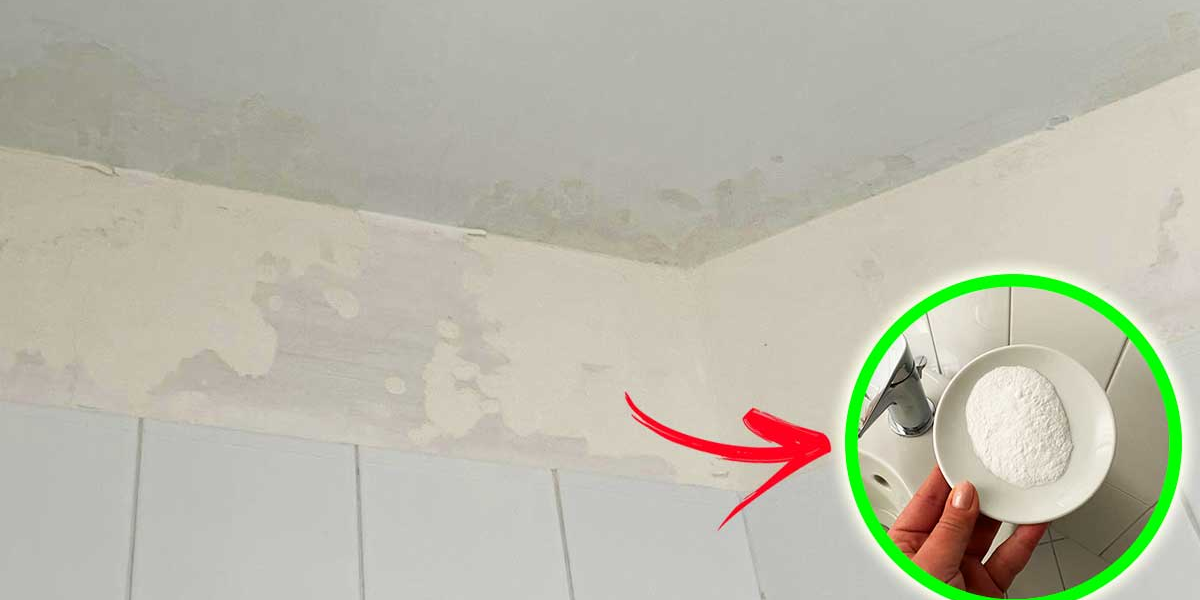
The presence of humidity in the home is truly a nightmare for all of us, as we never know how to eliminate it.
There are things, however, that you should know about its accumulation in order to prevent and resolve the problem.
In this regard, today we will see together what to know about the accumulation of humidity in the home so as not to have it anymore!
What is it
Humidity refers to the amount of water vapor that is present in the air . Therefore, when the humidity is 100%, the air will be saturated and no longer able to hold vapor.
If in the external environment, this results in the formation of rain , in internal environments, such as at home, it is possible to find the presence of water on the walls or condensation on the windows.
Where it comes from
But where does the humidity that accumulates in the house come from? Obviously there can be many reasons , but they are usually attributable first and foremost to unfavorable weather conditions .
During the winter , in fact, it is easier to find excess humidity in the home due to the high external humidity.
But in addition to this, other causes also contribute such as water infiltration into the house perhaps due to dripping pipes , poor or absent ventilation, excessive steam production when preparing meals or showering .
Finally, not to be underestimated is the bad habit of leaving clothes to dry at home.
Why and how to measure it
The percentage of humidity that should be in the house depends greatly on the temperature . To measure humidity in your home, you can use a hygrometer, which should be placed in a neutral place where there is no accumulation of humidity.
The most suitable percentage for the air in the house to be healthy should be around 50/60% at a temperature of 20°.
Oh I forgot! If you like these Natural Tips I can send them to you every day directly on WHATSAPP! Subscribe to my channel! I am waiting for you!
It is important to control the humidity level in order to balance it if it is too low or too high.
We remind you, in fact, that not only a high level of humidity must be “resolved” but also a low level, as it contributes to greater susceptibility to infections and diseases.
Consequences of his training
High levels of humidity in your home could lead to a variety of problems, some more visible, others more insidious.
First of all, they can lead to the formation of mold on the surfaces of the house or even ruin the wooden elements of the house.
Furthermore, we may notice high humidity by observing condensation on glass and mirrors or the presence of water on some surfaces in the house.
Sometimes, these surfaces tend to just get sticky.
But the presence of too much humidity in the home also has effects on health, as it facilitates the spread of infections and could cause respiratory problems.
How to lower the humidity level
At this point, let’s see together how to lower the humidity level in the home with some tricks.
Once we know the causes why humidity tends to accumulate excessively , it is best to first check that there are no water leaks in the house.
If you encounter this problem, consult a technician to resolve the underlying problem. Furthermore, I suggest you:
- Open the door to encourage air exchange when you boil water on the stove, as boiling water creates steam in the environment and increases humidity;
- Use a fan heater and open the bathroom window when you take a shower so that the steam can be absorbed;
- Avoid drying clothes at home , especially in the rooms you use;
- Use the kitchen hood , so that this fan can absorb not only the vapors produced during the preparation of meals, but also bad smells;
- Air out the house even for just a few minutes to improve air circulation;
- Make a do-it-yourself dehumidifier by pouring some coarse salt into some bowls and placing them in the places in the house where humidity accumulates the most;
- Use houseplants that can naturally absorb excess moisture in your home. Among these, I remind you of the Gerbera, the Azalea, the Begonia, the Orchid, the Bamboo, the Sanseviera, the Aloe and the Philodendron.
The remedy to no longer have humidity in the house
And if you want to know a natural remedy to stop having humidity in your home, here is a video designed for you!
